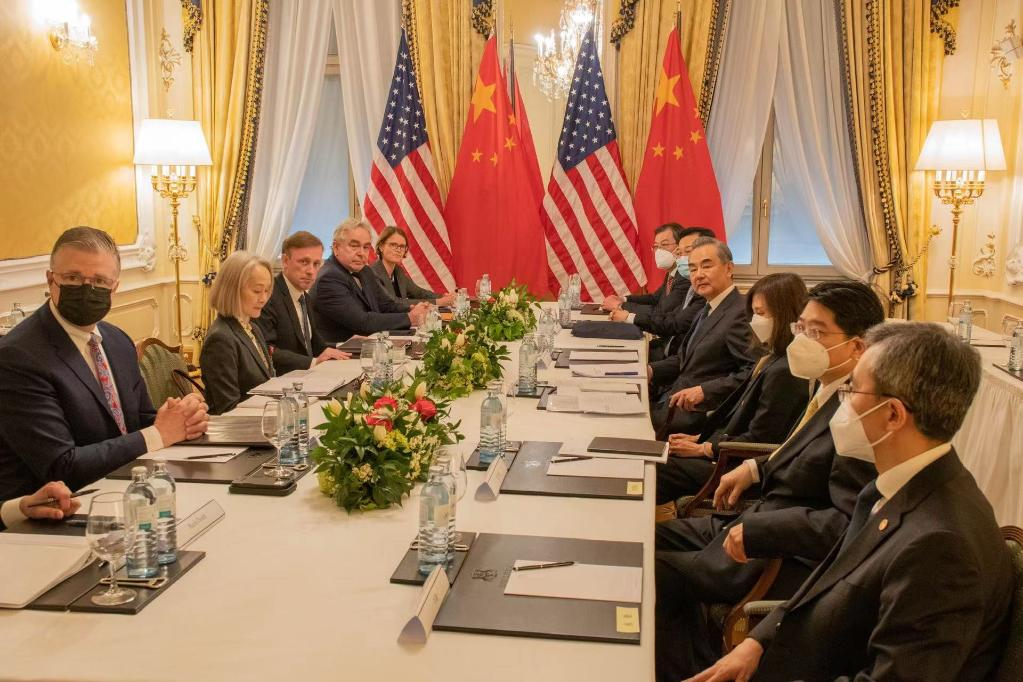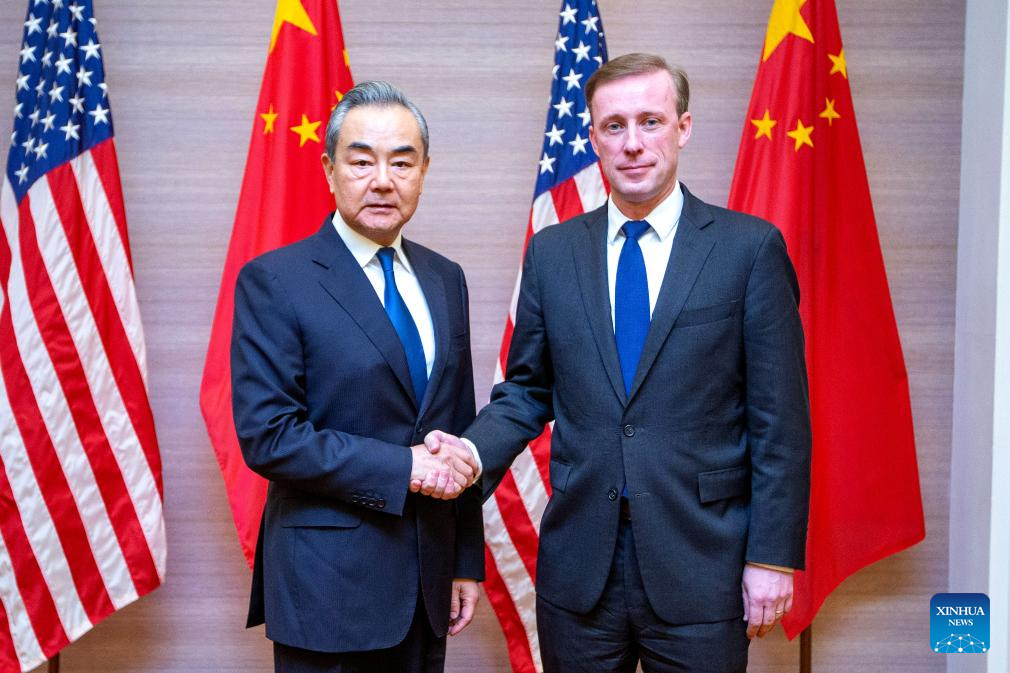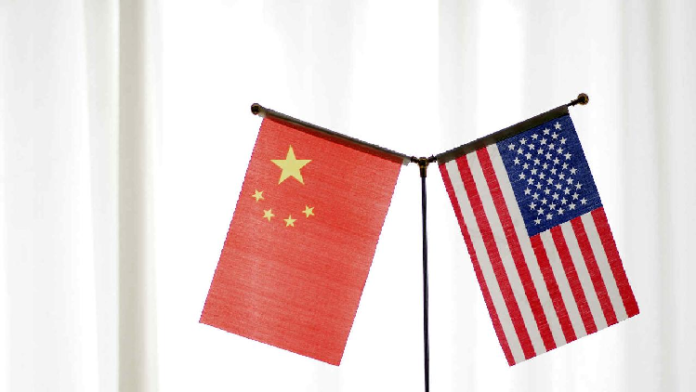U.S. National Security Advisor Jake Sullivan will travel to China on Tuesday at the invitation of top Chinese diplomat Wang Yi, as the world’s biggest two economies look to stabilize their relationship.
The three-day trip will include Sullivan’s fifth meeting with Wang, China’s foreign minister and director of the Office of the Foreign Affairs Commission of the Communist Party of China (CPC) Central Committee. They last met in January in Bangkok, Thailand, two months after Chinese President Xi Jinping and his U.S. counterpart Joe Biden held talks in San Francisco.
Beijing called the previous talks “substantive and constructive.”
“After San Francisco, the diplomatic, financial, law enforcement and climate teams and the militaries of the two sides have maintained communication, and the exchanges between the two peoples have increased,” a statement detailing Sullivan’s upcoming visit published on the website of China’s Foreign Ministry reads.
“Meanwhile, the United States has kept containing and suppressing China. And China has taken resolute countermeasures. The China-U.S. relationship is still at a critical juncture of being stabilized.”
Taiwan question and trade top agenda
Wang and Sullivan are expected to have in-depth exchanges on a slew of issues, including the Taiwan question, the South China Sea issue, tariffs and export control, and the conflicts in the Middle East and Ukraine.
Following the common understandings reached by the two heads of state in San Francisco, the diplomats will also touch on “the boundary between national security and economic activities,” according to the statement.
The Taiwan question is a priority, or as Beijing put it, “the first and foremost red line that must not be crossed in China-U.S. relations.”
Over the past few years, China has denounced the U.S. for “provocative moves” towards the Taiwan region, including arms sales, visits by high-ranking officials and support to “Taiwan independence” forces, which were all responded to with “resolute countermeasures.”

“The U.S. side must abide by the one-China principle and the provisions of the three China-U.S. joint communique, and honor its commitment of not supporting ‘Taiwan independence’,” the statement said.
Trade will be another major topic of discussion, ranging from tariffs and export controls to restrictions on investment.
Just days ago, Washington announced sanctions on some Chinese companies citing involvement in the Russia-Ukraine conflict. The Biden administration alleged that these firms were involved in shipping machine tools and microelectronics to Russia, while adding 42 companies in China to its Entity List, forcing suppliers to obtain licenses before shipping to targeted companies.
The Ministry of Commerce of China blasted the decision, saying such sanctions disrupt international trade rules and impede normal trade between countries.
However, despite attempting to suppress Chinese companies, especially in the high-tech sector, the U.S. continues to enhance cooperation with China, He Weiwen, senior fellow from the Center for China and Globalization, noted in an interview with Global Times, referring to the growing trade volume between the two sides in 2024.
Conflicts in the Middle East and Ukraine
A U.S. official said the dialogues between Wang and Sullivan are “less about convincing China to change its policies” and more about the two countries managing their differences, as cited by the Financial Times.
While sharing different approaches, the two sides are set to exchange assessments on the conflicts in the Middle East and Ukraine, where they both share concerns about geopolitical instability.

China continues to promote peace talks in both arenas and to call for conditions to be met for an early ceasefire in Gaza.
“The international community should pool their efforts to this end,” read the statement. “It is hoped that the United States will heed the voices of the majority of the international community and adopt a responsible position.”
Over years of interactions, both Chinese and U.S. officials have repeatedly stated that they are not seeking to decouple from one another. Beijing also reaffirmed its commitment to peaceful development and win-win cooperation, and that it does not seek competition with Washington.
“China has all along believed that major-country competition is not the solution to the problems facing the United States or the world,” it said in the statement.
The U.S. is clear that decoupling with China is impossible when it comes to promoting world peace and economic development, said Zhu Feng, director of the Institute of International Studies at Nanjing University, in an interview with Global Times.
China’s U.S. policy remains unchanged, and now the onus falls on the U.S. to work with China to establish a responsible relationship that benefits both peoples and the world’s peace and development.




